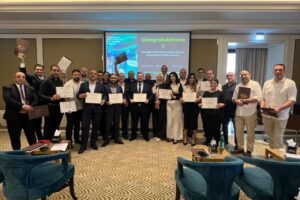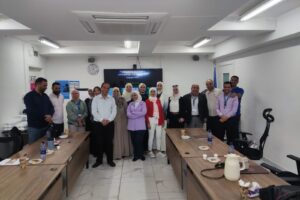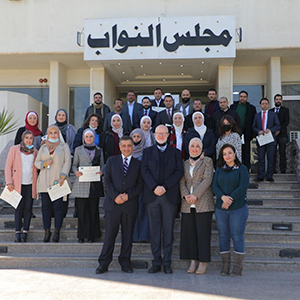
Language and Professional Development Training for the House of Representatives
Between 2020 and 2022, I had the honor of designing and delivering a series of specialized training programs for employees of the Jordanian House of Representatives, implemented with the support of the European Union. This multi-phase initiative aimed to develop communication, language proficiency, and parliamentary awareness among staff members, empowering them to perform their duties with greater confidence, clarity, and professionalism. The programs reflected the shared vision of enhancing institutional capacity and strengthening the role of public servants in supporting transparent and effective parliamentary work.
The training series encompassed a diverse range of courses that responded directly to the employees’ professional and linguistic needs. These included: • General and Conversational English, with a focus on fluency, accuracy, and real workplace communication. • Parliamentary Affairs, providing an overview of parliamentary mechanisms, procedural terminology, and institutional communication. Each course was tailor-made after conducting a thorough needs analysis in collaboration with the training and development unit at the Parliament.
The content and methodology were adapted to different proficiency levels and departments, ensuring that every participant could benefit, from entry-level staff to senior administrative professionals. The training philosophy was rooted in Beat of Perfection’s belief that language is not just a tool of communication but a bridge to competence and connection. Every session combined linguistic enhancement with contextual understanding — meaning that participants were not only learning English, but also the diplomatic and institutional vocabulary necessary for their roles within the House of Representatives.
The programs were conducted over multiple cohorts and schedules to accommodate the working structure of the institution. Classes blended interactive learning techniques such as group discussions, simulations, problem-solving tasks, and real parliamentary case studies. Participants engaged in role-plays that mirrored daily challenges in communication — whether drafting reports, addressing committees, or handling formal correspondence in English. One of the program’s strengths was its integrative approach: combining language instruction with content relevant to governance, lawmaking, and civic engagement. For example, in the “English for Parliamentary Affairs” module, participants explored terms and expressions used in legislative procedures, sessions, and international communication. This integration ensured the learning was authentic, meaningful, and directly transferable to their professional contexts.
The feedback from the participants was overwhelmingly positive. Many expressed that the courses helped them communicate more effectively with international delegations, draft clearer documents, and participate more confidently in English-speaking environments. Managers and department heads also reported noticeable improvements in coordination, precision, and overall morale. Beyond language acquisition, the program fostered a culture of lifelong learning and self-development among parliamentary employees. It encouraged them to view professional training not as an obligation but as an opportunity to evolve and contribute more effectively to their institution’s mission.
This experience was particularly fulfilling for me as a trainer. Working with civil servants dedicated to national progress — and witnessing their growth over the two-year span — reinforced my belief that training is most impactful when it is human-centered, relevant, and empowering. The collaboration with the European Union further demonstrated how international partnerships can elevate local capacity-building efforts through shared expertise and commitment to excellence. The success of this program stands as a proud milestone in my professional journey. It embodies Beat of Perfection’s core values: excellence, integrity, innovation, and cultural sensitivity. Most importantly, it reflects the power of education to transform workplaces, bridge languages, and enhance institutional performance from within. True progress begins when communication becomes connection — and learning becomes purpose.
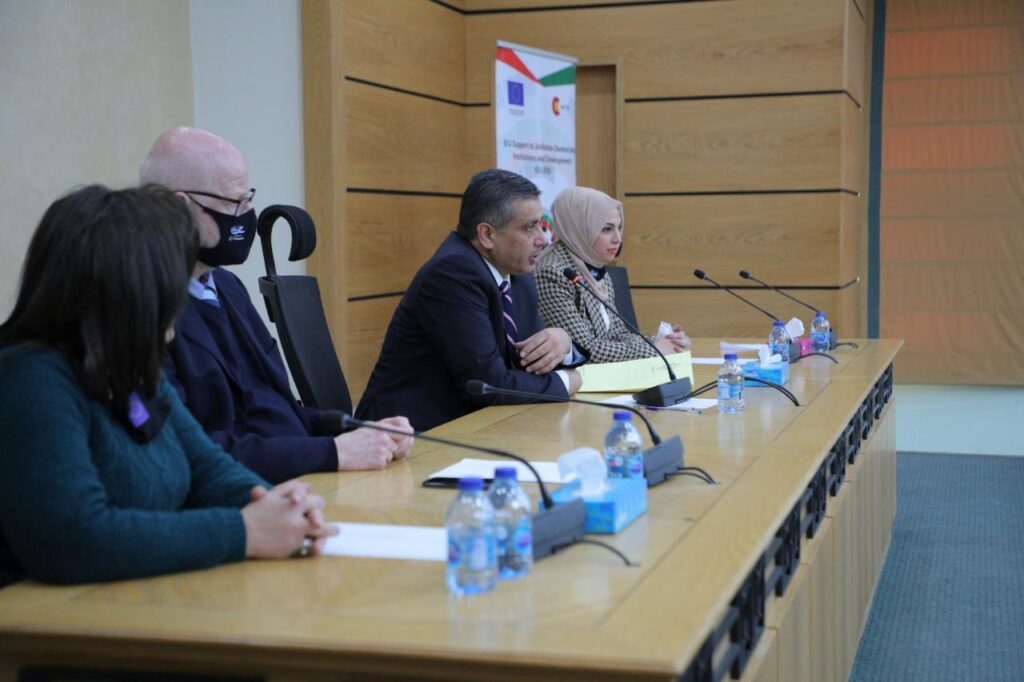
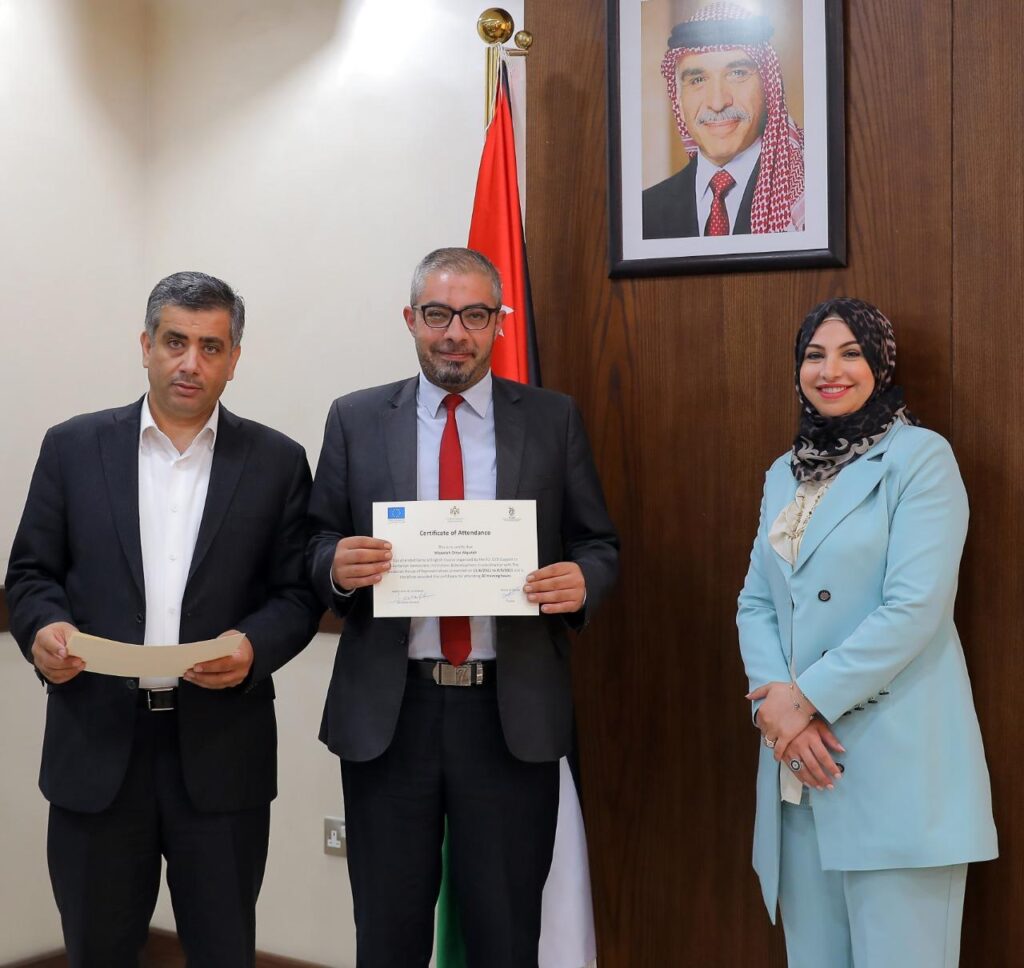
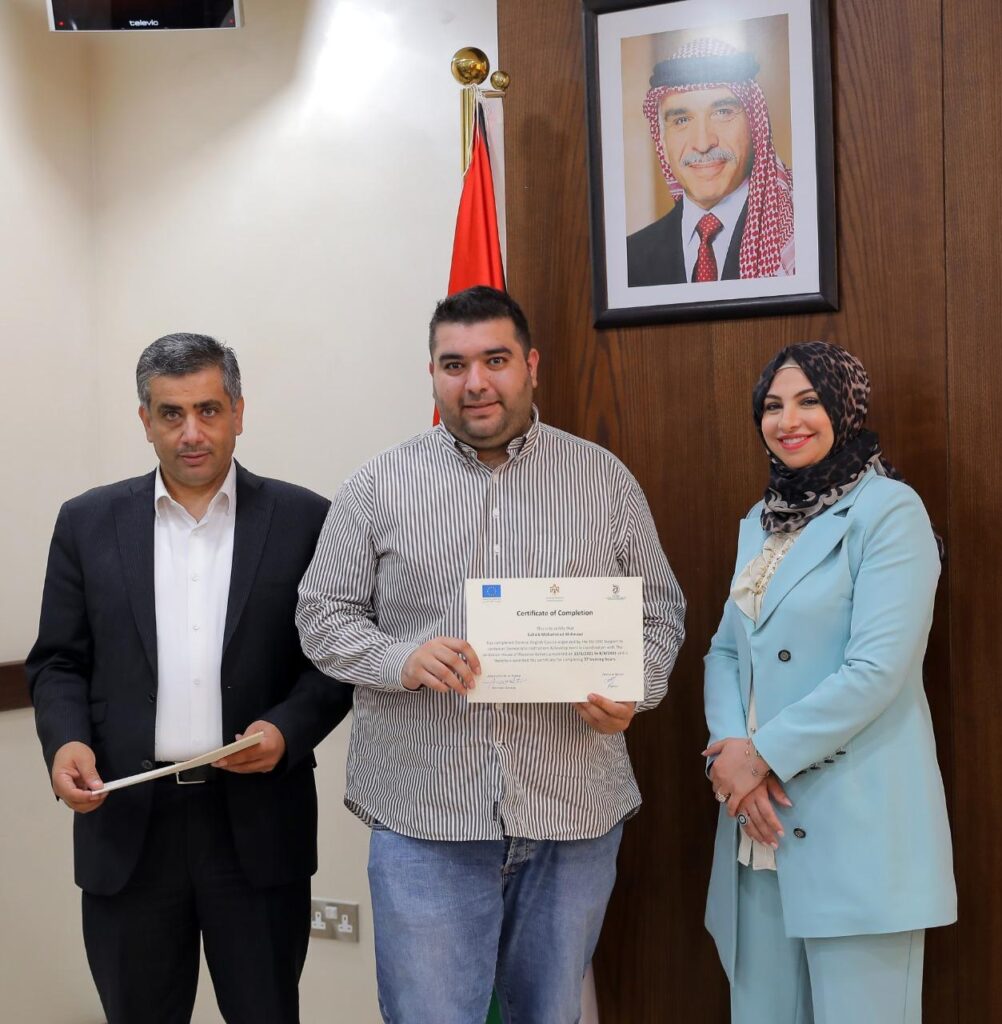
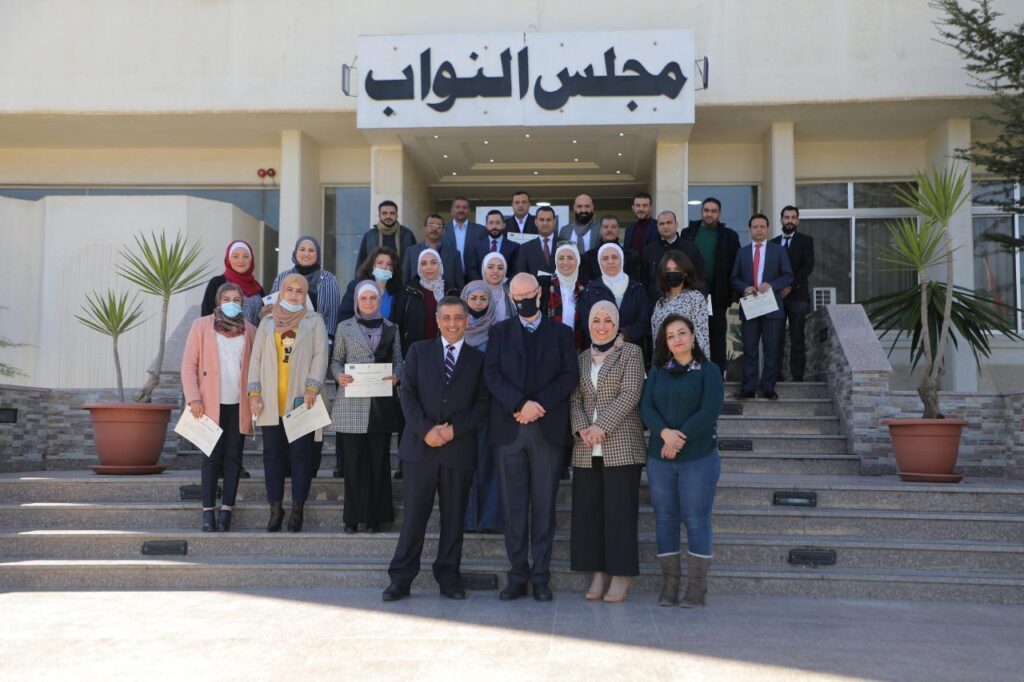
Tag:Course

